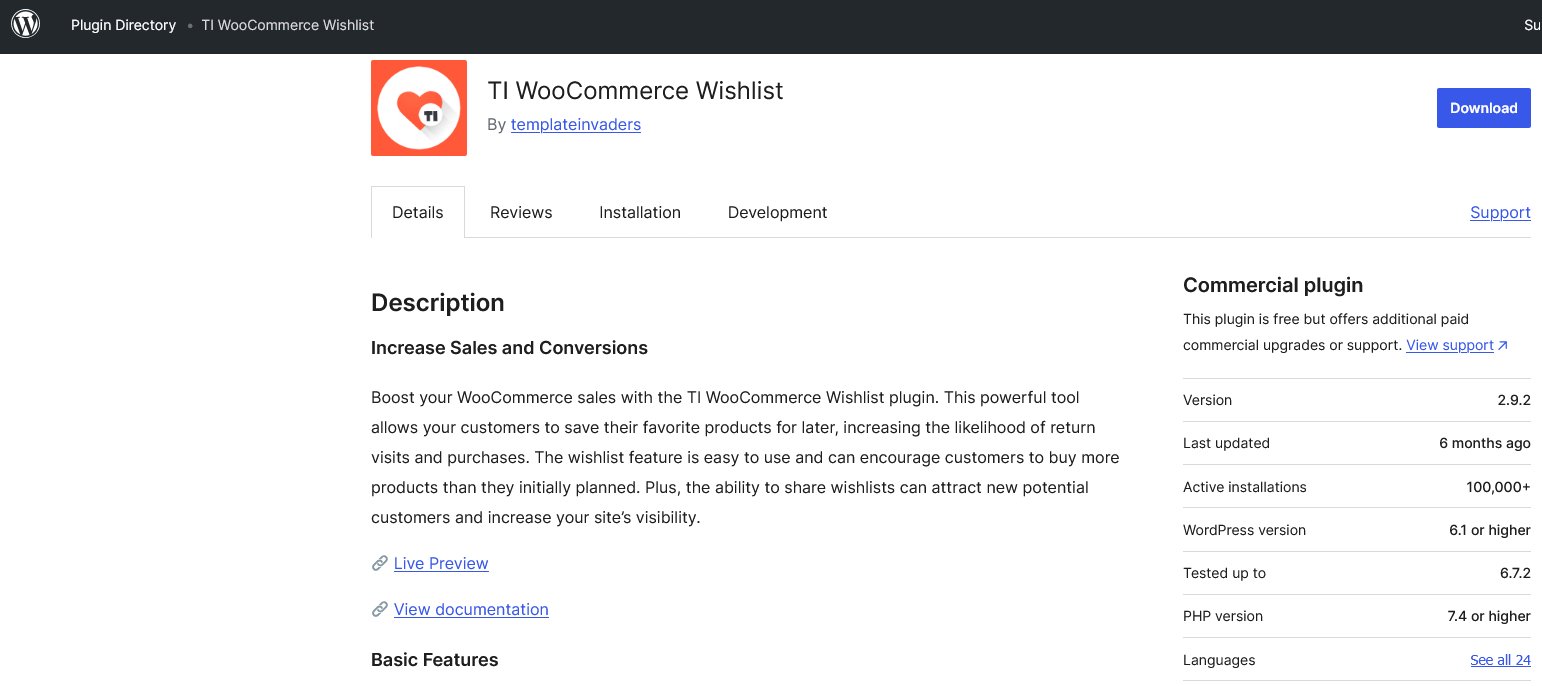Patchstack Now Withholding Misappropriated Information Needed to Secure Plugins in WordPress Plugin Directory From WordPress
Last week, we posted how WordPress had left a known vulnerable WordPress plugin with 100,000+ installs that is being targeted by a hacker in the WordPress Plugin Directory. The plugin continues to be in the plugin directory despite one of the Team Reps for the Plugins Team, David Perez, and the Senior Team member of the team, Samuel (Otto) Wood, being informed of that.
It turns out that there is another party partially responsible for the situation. It is a party that has already been engaged in unethical behavior and things have gotten worse now. [Read more]
